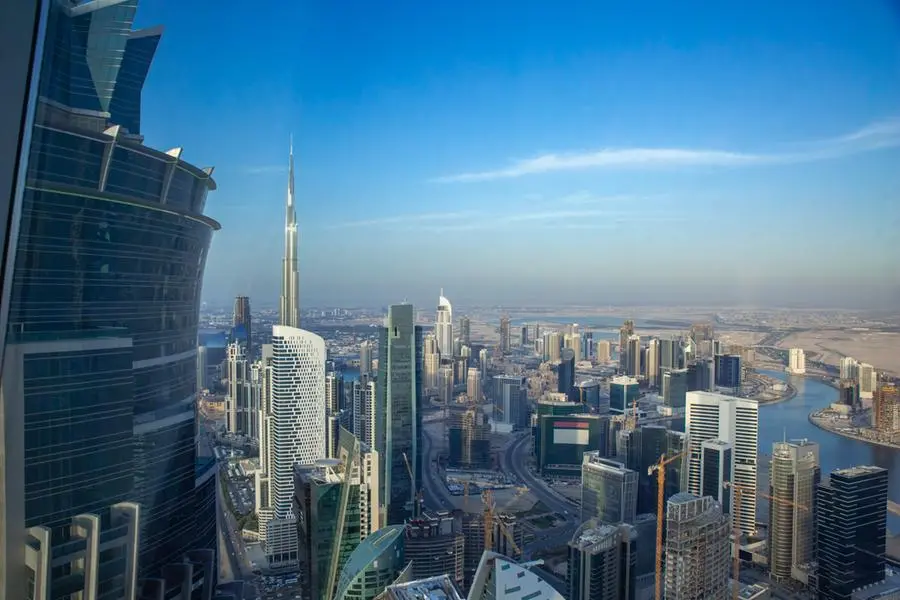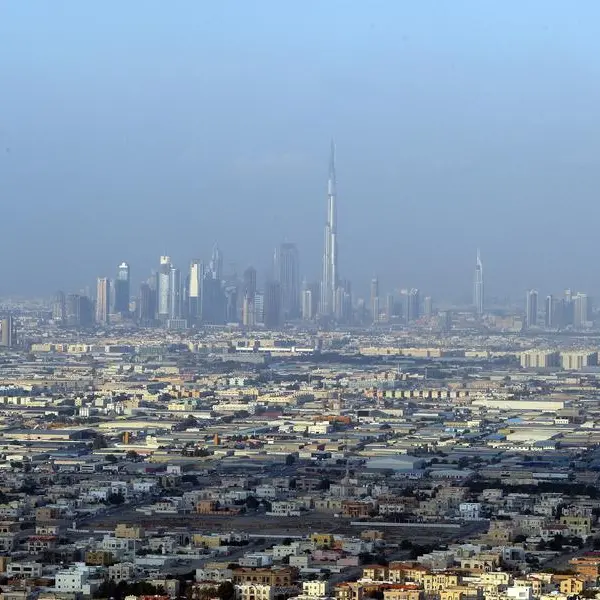PHOTO
The UAE has made significant strides in global real estate market transparency, with Dubai and Abu Dhabi securing a place among the top 5 improvers in the transparency score globally, according to JLL’s 2024 Global Real Estate Transparency Index (GRETI).
Dubai earned the third spot, and Abu Dhabi secured the fifth position for improvements made from 2022-24 and have been recognised among the top global improvers for scaling digital capabilities, implementing strong anti-money laundering (AML) and beneficial ownership (BO) regulations, and increasing the availability of market data for established and start-up market providers, said the report.
Dubai climbed one spot to reach the 28th position on the index in the 2024 edition, where it has retained its position as the only property market in the Middle East and North Africa (MENA) to feature in the ‘Transparent’ tier. The emirate’s gains in its ranking highlight the effectiveness of government initiatives to enhance market transparency and foster a more robust real estate environment in the region, it said.
The launch of technology-focused initiatives such as the Real Estate Innovation Incubator and Dubai PropTech Group have boosted Dubai’s rise on the index. These initiatives have empowered the real estate community in Dubai, creating confidence in the sector and building a world-class investment environment. Enhancements made to digital services through the Dubai REST interface, the smart real estate platform for real estate services, and providing access to land information or urban planning systems further underscore the Emirate’s commitment to continuous improvement in real estate practices.
Eng Marwan Ahmed bin Ghalita, Director General of Dubai Land Department, said: “Dubai’s progress in the 2024 Global Real Estate Transparency Index demonstrates our commitment to building an innovative and reliable real estate ecosystem. Clear, open practices attract global investments, enhance market trust, and support sustainable development, aligning with Dubai's vision as a leading global destination for real estate. Following Dubai's Economic Agenda D33, we are advancing digital transformation and setting high standards to keep Dubai at the forefront of global real estate markets.”
Ranked 41st on the index, Abu Dhabi advanced four spots from 2022 in the ‘Semi-transparent’ level. The emirate has leveraged PropTech and AI to expand its digital services and optimise real estate operations through its DARI platform, which includes sales and lease management and development and transaction databases.
James Allan, CEO of JLL Middle East and Africa (MEA), said: “Dubai's continued advancement in the 2024 edition of the Global Real Estate Transparency Index and the significant improvements made by Abu Dhabi reflect a broader trend towards greater transparency and efficiency in real estate markets across the UAE. Our 13th Global Real Estate Transparency Index has also spotlighted the importance of embracing technology to drive the sector’s transformation and enhance transparency. The UAE has positioned itself as a tech and innovation leader in the MENA region, and by ramping up commitments to sustainability, it is creating a conducive investment environment that supports transformative urban development projects.”
In a constantly evolving real estate landscape, as countries in MENA transition to the next stage of urban growth, transparency is more important than ever in helping industry stakeholders make informed decisions and deliver better outcomes. The most transparent markets are pulling ahead and positioned to lead into the next cycle, but major markets that have made progress and are focused on enabling higher levels of institutionalisation, such as the UAE and Saudi Arabia in MENA, offer strong long-term prospects.
JLL’s 2024 GRETI report reveals the significant competitive advantages AI brings to real estate markets and its potential for advancing productivity and transparency. Despite its profound impact on the economy, concerns have been raised on the potential risks of AI tools inadvertently leading to price-fixing or other anti-competitive behaviour, for example, through pricing optimisation algorithms.
Sustainability transparency too is becoming increasingly critical as a growing number of countries and cities set out mandatory long-term decarbonisation pathways in line with the goals of the Paris Agreement. With governments also mandating building-level energy and emissions disclosure, progressively more stringent standards and improved building management will drive faster progress, said the report.
Globally, widening financial sanctions regimes have maintained momentum for improving anti-money laundering (AML) and beneficial ownership (BO) regulations. As tighter standards are introduced in more jurisdictions owing to geopolitical tensions and risk rise, investors and corporations will need to devote more resources to ensuring compliance and will increasingly gravitate towards markets with robust regulatory systems and lower reputational and financial risk.
Produced jointly by JLL and LaSalle Investment Management, GRETI has been charting the evolution of real estate transparency across the globe since 1999. Updated every two years, the 13th edition this year is based on a comprehensive survey of the availability and quality of performance benchmarks and market data, governance structures, regulatory and legal environments, transaction processes, and sustainability instruments covering 89 countries and territories worldwide.
Copyright 2024 Al Hilal Publishing and Marketing Group Provided by SyndiGate Media Inc. (Syndigate.info).





















